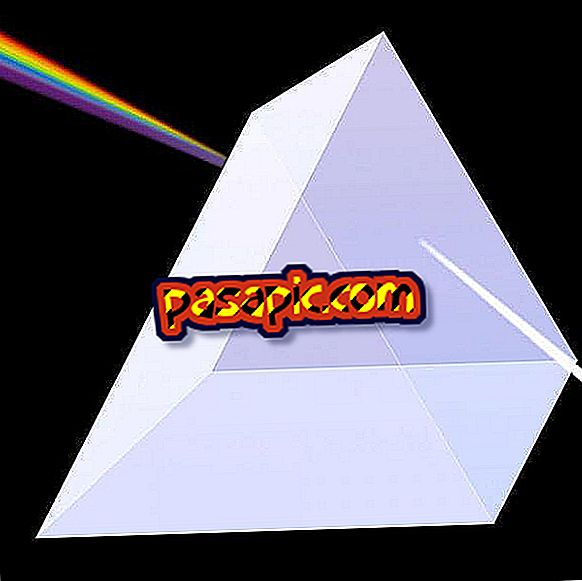How to manage time

Productively using the hours of the day is a discipline. The pace of modern life has changed and has destabilized the parameters to which we have been accustomed until now. If we want to properly manage our time, the first thing we must learn to do is to value it and give it the importance it really has. Being aware of what our time is worth we will be able to establish priorities in the activities that we carry out throughout the day. It is important to consciously distribute the hours we dedicate to each facet of our life, despite the setbacks that may occur occasionally. To distribute the tasks we must develop throughout the day, it is important to take into account the individual rhythms. Only by knowing at what time of the day are we most productive will we be able to organize the hours more efficiently . There are people who perform better in the morning and others who do better in the afternoon. Based on that we will distribute the intellectual activities in one way or another.
Time at work
Knowing how to effectively manage our time is a skill that is highly valued in the workplace. All companies know that a productive and competitive worker is always profitable . For this reason, managing time correctly will allow us to more easily reach our personal and professional challenges. There are many tools to organize our work hours in a productive way. The classic agenda has already given way to new technologies but do we really know how to get the most out of it? Another mistake is to fall into the trap of haste and give priority to what is presented as urgent and not to what is truly important. We must learn to discern which task is really important and if it can wait or not, to organize the preference of action.
Time thieves
Sometimes we ourselves trip up and lose time with bad habits that we can often avoid. Overloading our agenda only contributes to overwhelming and dilutes the concentration on the really important activities. Not knowing how to delegate is a bad habit, and forces us to take on tasks that are not our own, for fear that they will not be done correctly. We must trust more in the people around us and in their capacity to carry out the assigned tasks. Learning to say "no" is another pending issue for many. Not knowing how to reject jobs that we can not assume is a serious prejudice for ourselves and for others.
Study time
It is important to organize study time to get the most out of it. It is necessary to take into account the pace of each person to allocate the hours of more concentration to learning. Studying when we are tired or after an exhausting day's work is unproductive. Following the rhythm of the studies is essential so as not to lose the thread and not to find a large amount of material at the end. Experts recommend taking a five minute break every hour of study . Stretching your legs, having a snack or drinking something is a good way to refresh yourself. In the studio, as in work, the environment in which we perform our tasks is very important . Although we sometimes neglect this aspect, it has been shown that an adapted work space considerably increases the productivity of people.
The time of evasion
Managing time should not be limited exclusively to the time spent working or studying. It is good to schedule leisure activities with friends and family instead of dedicating only "the time that we have left" . Disconnecting from professional obligations helps to relax and refresh our mind. Preparing our leisure time should be a satisfactory task and to get the most out of these moments it is interesting to get out of the routine. Learning relaxation techniques such as yoga, or delving into hobbies such as writing can also help us feel more fulfilled in our free time.


